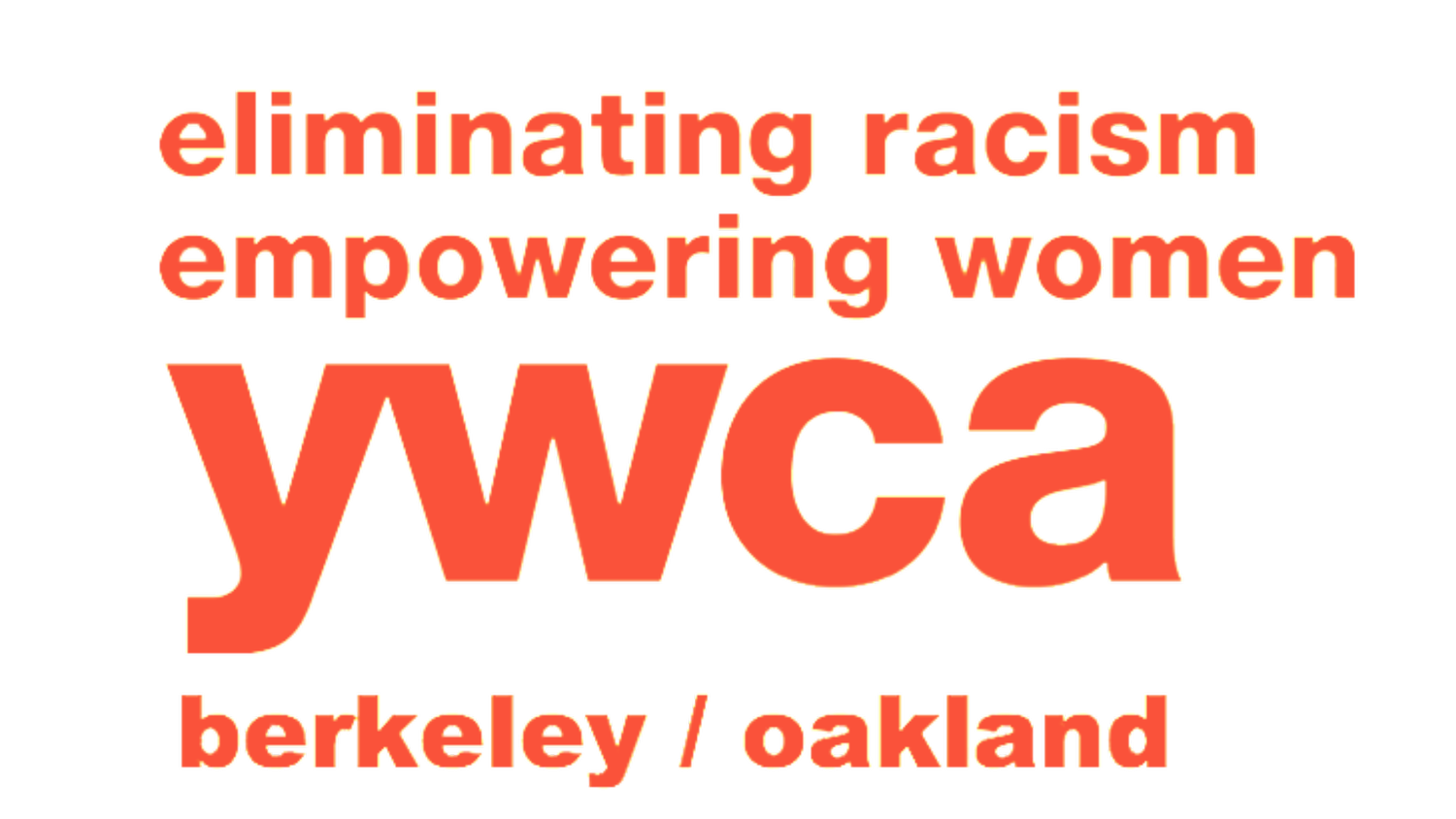History of YWCA Berkeley/ Oakland
Timeline
1889
YWCA Berkeley was founded by 5 Philosophy students who were some of the first female UC Berkeley admits and held convenings in UC Berkeley North Hall.
1892-1893
We established a constitution as the University YWCA and officially moved into Stiles Hall on the UC Berkeley campus.
1900
The first YWCA Pacific Coast Student Conference was held in Capitola. Pictured is the University of California delegation.
1920
The then University YWCA moved into the Cottage, designed by Julia Morgan. We received funding from quiet campaigns, donations from family and friends, receiving a total sum of $25,000.
1930s
During the time of a crackdown on free speech of the Red Scare, we prioritized a safe space for free discussion of political topics when UC Berkeley could not. We updated our rental policy to ensure the protection of free speech within our space.
1935
We petitioned against the racial discrimination prevalent within UC Berkeley's on-campus housing.
1944
YWCA responded to the push for Japanese Internment by rapidly opening a council and helping over 75 students evacuate to avoid being sent to a camp.
1959
Due to UC Berkeley campus expansions, we said goodbye to the Cottage and hosted a capital campaign for $200,000 to build our new building on the 2600 Bancroft lot. This building, along with a few select pieces of furniture you’ll still find in the building today, was designed for us by esteemed architect Joseph Eshrick.
1965
We started our English In Action program! Originally started to help international students, our EIA program still helps non-native English speakers get conversational experience with the English language and an understanding of American everyday culture.
1969
We temporarily housed Planned Parenthood in the current building of YWCA Berkeley-Oakland, and provided birth control a year before the university began offering those services.
1988
The University YWCA student council delegation attended the YWCA National Student Assembly, focused on social justice, college student political activity, and international cooperation.
1990
In alignment with our very popular and long-beloved former dance program, we held our first Tour of the World Dance Showcase, where dances from all across the globe were performed for an audience, continuing annually for 20 years.
1994
The YWCA Berkeley/Oakland held its very first annual Shadow Day, a day-long event where East Bay high school students shadow a UC Berkeley student, having a chance to understand the makings of a college experience. This remains one of our biggest events of the year.
1995
YWCA debuted “Week Without Violence,” a staple of YWCAs across the country and globe. It is an annual initiative advocating for the end of violence against women and girls. Every year, there is a specific theme, as we know that not all violence is acknowledged or responded to equally, and that some victims go unrecognized altogether.
2003
In response to the growing tech boom, we launched our TechGYRLS program. One of the founders, Lind Ely, wrote, “By encouraging underserved middle school girls to develop their interest, competence, and confidence in using computer technology, the YWCA TechGYRLS program encompasses our goals of economic empowerment of women and the elimination of racism.”
2005
After absorbing the YWCA Oakland branch, we expanded our goals to the greater Berkeley and Oakland communities, officially renaming ourselves the YWCA Berkeley/Oakland.
2007
We launched the first annual Young Women and Money Conference, providing women with the essential tools for financial empowerment, independence, and literacy.
2009
YWCA Berkeley/Oakland officially expanded on our mission statement of eliminating racism and empowering women by advocating for “peace, justice, freedom, and dignity for all.”
Present
YWCA Berkeley/Oakland is committed to advocating for the dismantling of racist and sexist structures in our community, while continuously providing a safe, accessible, and engaging space for Berkeley and Oakland communities.


